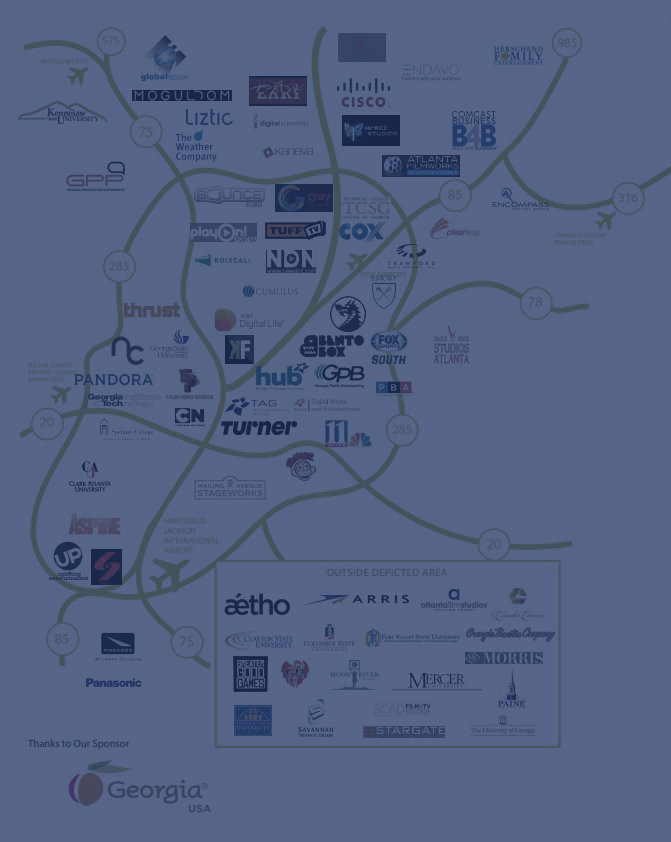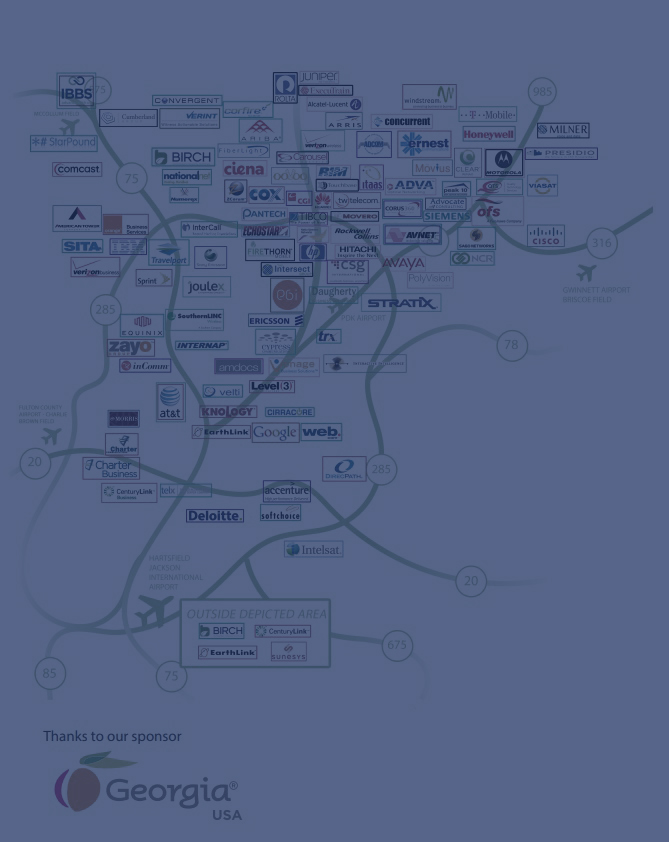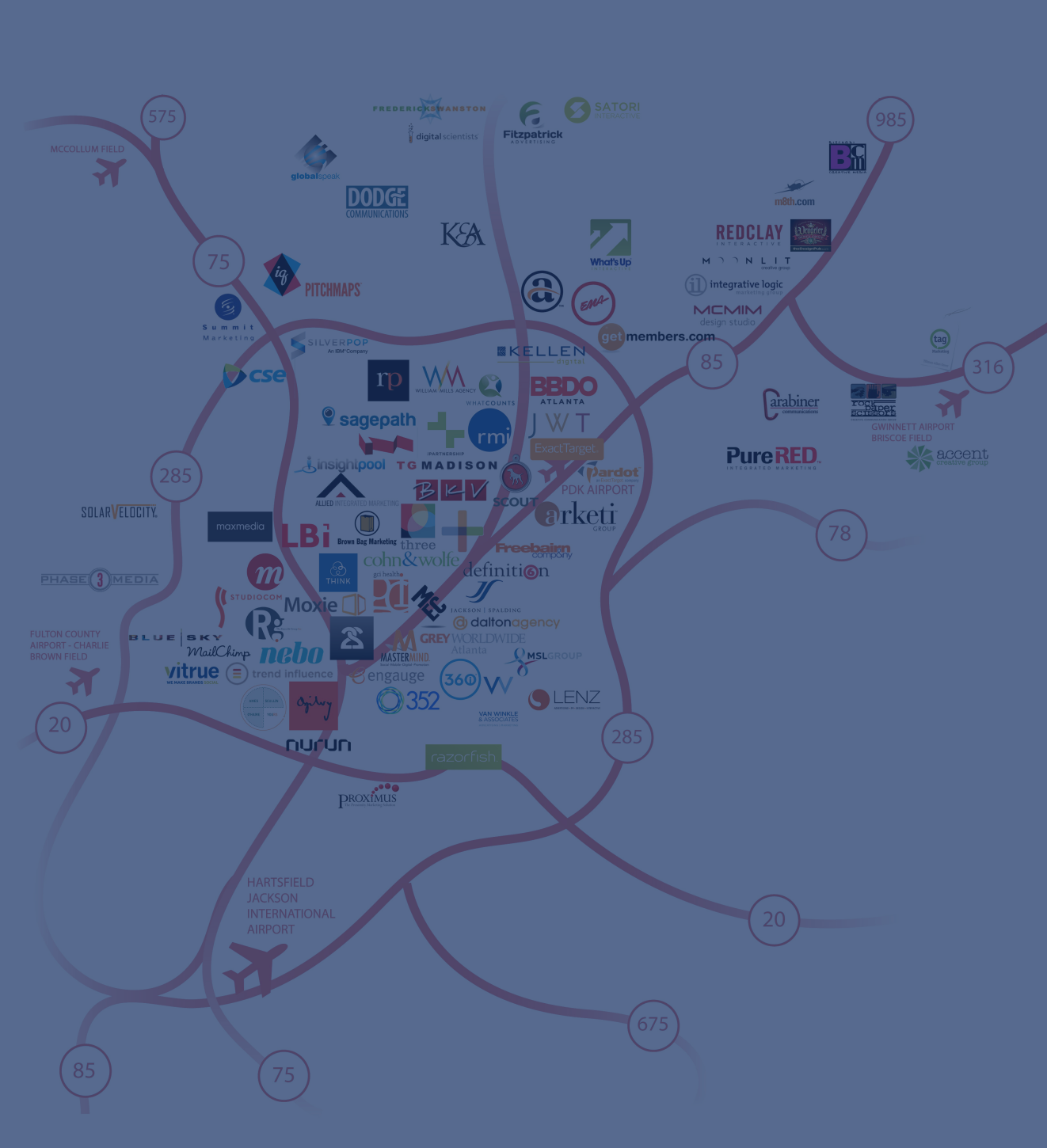By Chip Harden
A global pandemic has proved insufficient to quell Big Tech’s continued foray into financial services. The end of March brought an announcement from Microsoft that they would partner with Plaid to launch a fintech app, integrating with its Excel spreadsheet software to provide personal finance support. Last week, TechCrunch revealed Google’s intention to unveil a “smart” debit card, apparently to serve as the payment vehicle behind Google’s checking account initiative announced in November. Based on the screenshots in the article, customers will receive a sleek, white Visa card (for those still opting for plastic) rather iconoclastic in its plainness. More importantly, customers get access to a purpose-built application managing all aspects of the card. Images show cleansed transactions, replete with an easy to recognize business name, its location on Google Maps and the merchant’s phone number. The article also mentions the ability for customers to “control” their account (i.e., lock it if they experience or suspect fraud).
Why do these incursions into financial services continue unabated? Put simply, Big Tech (and fintechs) still perceive a gap in the experience the majority of banks and credit unions deliver to their retail customers. There are myriad reasons behind this gap, not least being the speed with which payments are becoming seamless and ubiquitous via omni-channel commerce, and the resulting shift in consumer preferences and expectations. Recognizing the regulations that often slow innovation for banks and credit unions, tech companies aim to circumvent that hurdle and quickly deliver to market intuitive tools to manage their most frequently utilized financial services, debit and credit cards.
Unfortunately for traditional card issuing financial institutions, their strategy is working. Shortly after the launch of Apple Card, banking partner Goldman Sachs indicated that $10B in credit had already been extended via the product. What is remarkable about this feat is that they did not achieve it by higher rewards offerings, the standard playbook for credit card launches. Instead, they offered comparable cashback rewards, but a far superior customer experience. Similarly, Google aims to bridge the physical and digital divide in the card space via compelling mobile functionality. Such is the game that Big Tech is playing – the one of superior experience and value as a means of digital competitive takeaway. Financial institutions remain well positioned to offer such solutions- likely in partnership with fintechs- but it’s increasingly clear the market will proceed in this direction with or without them.
Our current remote climate has had an extreme impact on banks and credit unions. For the safety of their customers and members, nearly all have closed branches and/or meet by appointment only. They’ve stepped forward to backstop the nation’s small businesses with Paycheck Protection Program (PPP) loans, taking on the herculean task of processing astounding numbers of applications in record time for those in greatest need. The vast majority of reports indicate that they are doing a fantastic job, particularly regional and community FIs. This “all-hands-on deck” context, however, leaves little room for a deluge of customer service calls. The functionality Google and Apple have built into their card products is expressly designed to deter such calls (and their attendant operational expense) via complete self-service.
At a time when digital serves as the new lobby for banks and credit unions, the adoption of digital self-service tools for card products offers the immediate practical benefit of lowering operational expenses, freeing up CSRs to respond to inquiries that truly necessitate a phone call, and lowering disputes and chargebacks. In the long term, it will position them to protect card portfolios from the continued onslaught of competition from Silicon Valley. This is clearly just the beginning- and the time for FIs to get on board.
Chip Harden is the Southeast Region Manager for Ondot Systems, and serves on the TAG FinTech board.
https://techcrunch.com/2020/04/17/google-card/
https://www.businessinsider.com/apple-card-users-received-10-billion-from-goldman-sachs-2019-11
https://ondotsystems.com/









